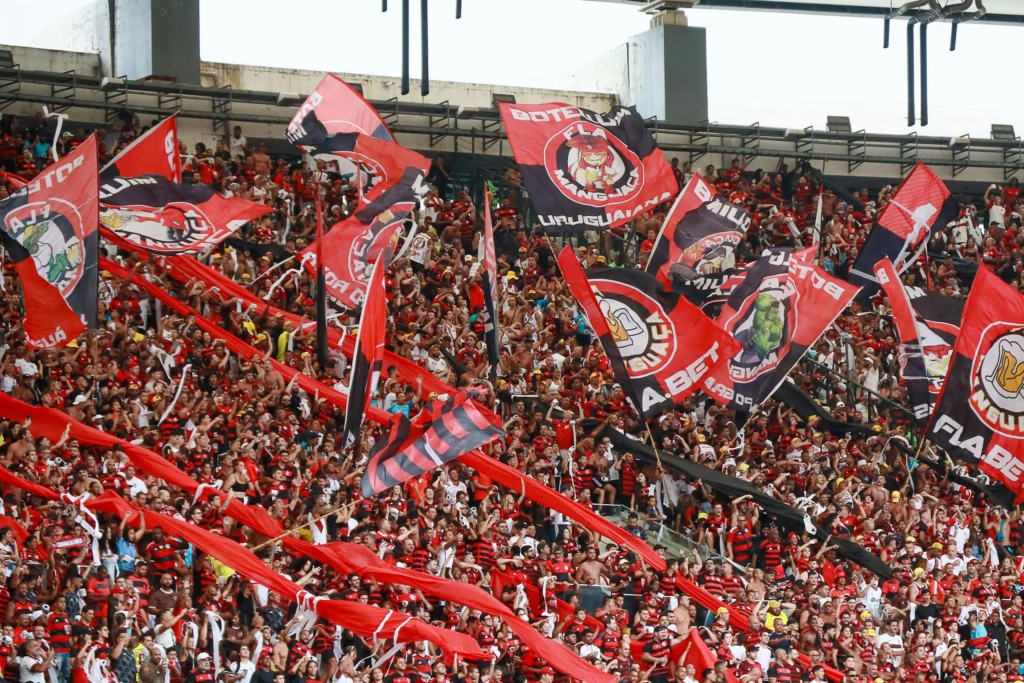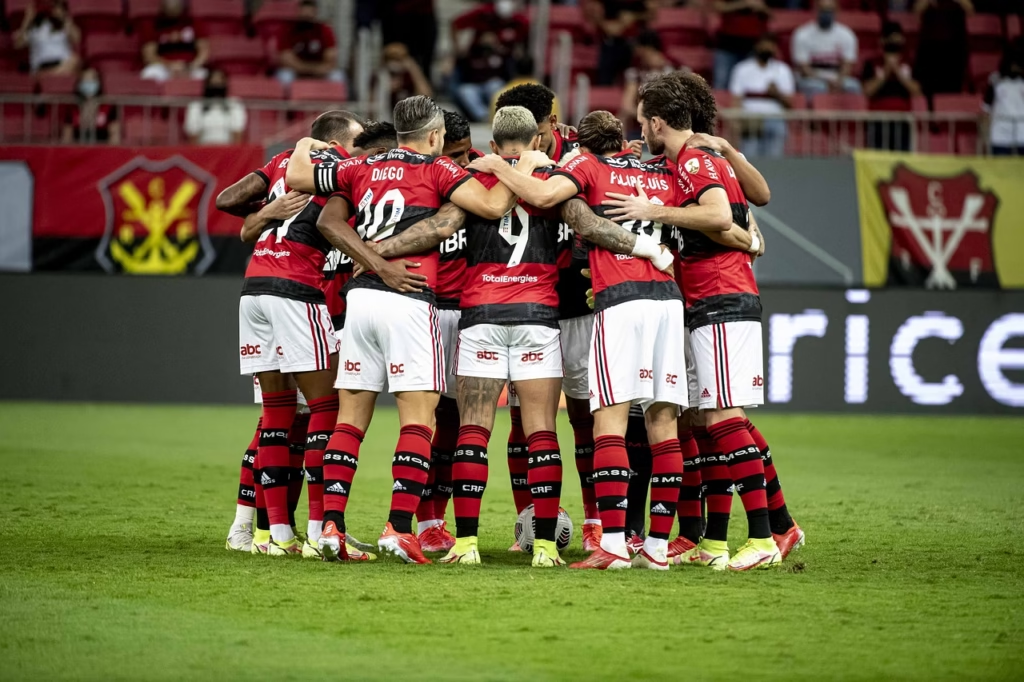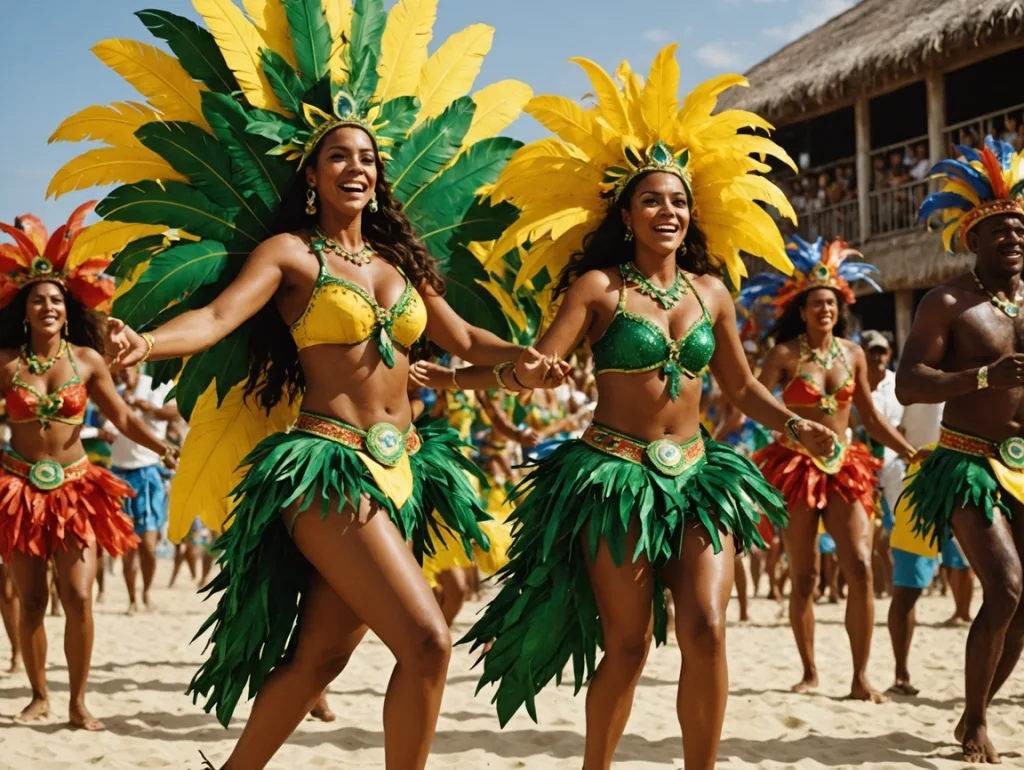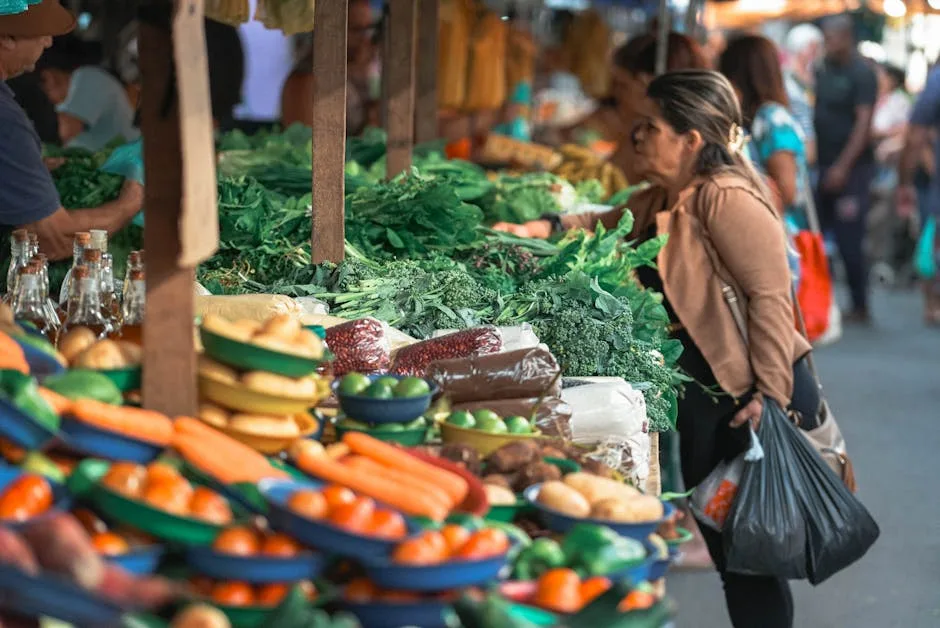The Brazilian Championship, officially known as the Campeonato Brasileiro Série A, stands as one of the most prestigious football leagues in South America. Established in 1971, it has grown to showcase the best talents in Brazilian football and has cultivated a passionate following both domestically and internationally. The significance of the Brazilian Championship lies in its ability to not only serve as a platform for club competition but also as a feeder for the national team, with many players who excel in this league often earning spots on the national squad.
The league operates under a format that combines both traditional and modern elements, typically featuring 20 teams competing in a round-robin format. Each team plays against every other team twice, once at home and once away, resulting in a total of 38 matches for each team. Points are awarded in the standard fashion—three for a win, one for a draw, and none for a loss—culminating in a ranking system that determines the champions, relegation, and continental qualifications. This structure not only emphasizes consistency over the season but also adds to the drama, as clubs fight for coveted spots in international tournaments like the Copa Libertadores and Copa Sudamericana.
Historical Powerhouses of Brazilian Football
The Brazilian Championship, known for its competitive nature and passionate fan culture, has been significantly shaped by a few historical powerhouses that continuously capture the attention of football enthusiasts. Among these clubs, Flamengo, Palmeiras, São Paulo, and Santos stand out for their illustrious histories, extensive fan bases, and profound contributions to both the league and Brazilian football as a whole.

Flamengo, based in Rio de Janeiro, is often regarded as one of the most successful clubs not only in Brazil but globally. With multiple Campeonato Brasileiro Série A titles to their name, Flamengo boasts a history rich with trophies and a tremendous following. The club’s iconic Maracanã Stadium serves as a fortress, where they have celebrated countless victories, fostering a deep-rooted culture of passion that resonates among their supporters.
Palmeiras, another historic titan, has continually proven its prowess in Brazilian football. With its deep-rooted rivalry with clubs like Santos and Corinthians, Palmeiras has developed a reputation for exhilarating matches that captivate audiences. The club’s consistent performances and achievements, including numerous league titles, position it as a formidable contender in every season.
São Paulo FC, recognized for its organized management and successful youth academy, has also asserted its dominance in the national and international arenas. The club has repeatedly demonstrated its capability to cultivate talent, resulting in a strong squad that competes effectively. Its successes on the continental stage, particularly in the Copa Libertadores, have further solidified its status as a powerhouse.
Santos FC, famed for producing legendary players like Pelé, remains a cornerstone of Brazilian football history. The club’s attractive playing style and the ability to nurture young talent have always kept it in the spotlight. Santos’s impressive record in both national and international competitions highlights its significant contribution to the rich tapestry of Brazilian football.
These clubs not only have strong historical credentials but also possess vast fan bases that are dedicated to supporting their teams passionately. As we look ahead to the 2025 Brazilian Championship, the influence of these historical powerhouses will be pivotal in shaping the competitive landscape of the league.
Emerging Teams and Dark Horses for 2025
The Brazilian Championship has always been a platform where traditional powerhouses like Flamengo and Palmeiras showcase their dominance. However, as the league evolves, several clubs have been making significant strides, positioning themselves as potential challengers in the upcoming 2025 season. These emerging teams and dark horses have demonstrated not only a commitment to youth development but also a strategic approach to player acquisitions, which could alter the competitive landscape of the tournament.
One of the clubs to watch is Athletico Paranaense, renowned for its strong youth academy. The club has consistently produced talent and has recently made strategic signings that bolster its squad depth and overall quality. This combination of homegrown talent and experienced players could propel Athletico into the upper echelons of the league, allowing them to challenge the traditional giants. Their recent performances suggest a team that is not only ambitious but also capable of executing their vision on the pitch.
Another team poised to rise is Internacional. After a series of inconsistent seasons, the club has undergone significant restructuring. Recent investments in young players and coaching strategies focused on attacking football indicate a shift in approach. Their resilience and adaptability make them a formidable opponent in any fixture, and as they continue to build on their foundations, they could emerge as a genuine threat in the championship.
Furthermore, Botafogo’s recent resurgence cannot be overlooked. The club’s significant investment in new talent and infrastructure reflects a long-term vision. With key signings that address both defensive solidity and offensive creativity, Botafogo possesses the potential to surprise many in the league and create a ripple effect on the tournament outcomes.
As we look towards the 2025 Brazilian Championship, it is essential to keep an eye on these teams. Their careful development strategies, combined with smart acquisitions, highlight the dynamic nature of the league, offering fresh narratives as they aim to disrupt the established order of Brazilian football.
Key Players to Watch in 2025
The Brazilian Championship, known for its rich talent pool and dynamic gameplay, is expected to showcase several standout players in the 2025 season. Among them, we can identify a few individuals who are poised to make a substantial impact on their teams and potentially the league as a whole. These athletes not only bring skill and finesse but also embody the competitive spirit that characterizes Brazilian football.
One player to watch is Gabriel Verón, a young forward from Palmeiras, who has been gaining attention for his pace and technical ability. Verón’s performances in the previous seasons demonstrate his knack for finding the back of the net, as well as his capacity to create scoring opportunities for teammates. His contributions have been crucial for Palmeiras, and in 2025, he is expected to further solidify his role as a key player in the championship.
Additionally, Flamengo’s Everton Ribeiro remains a significant figure to observe. A seasoned midfielder, Ribeiro is known for his vision and playmaking capabilities. His ability to control the tempo of the game and deliver precise passes makes him a vital asset to his team. Given Flamengo’s ambitions, Ribeiro’s performance could very well dictate the club’s success in their pursuit of the title.
Furthermore, several promising talents may emerge from the youth ranks, potentially reshaping the championship landscape. Clubs like Santos and São Paulo are renowned for their youth academies, and it is likely that they will introduce new players who could become household names in the near future. As these clubs nurture emerging talent, the Brazilian Championship in 2025 is set to be not only a platform for established stars but also a stage for the next generation of footballers.





